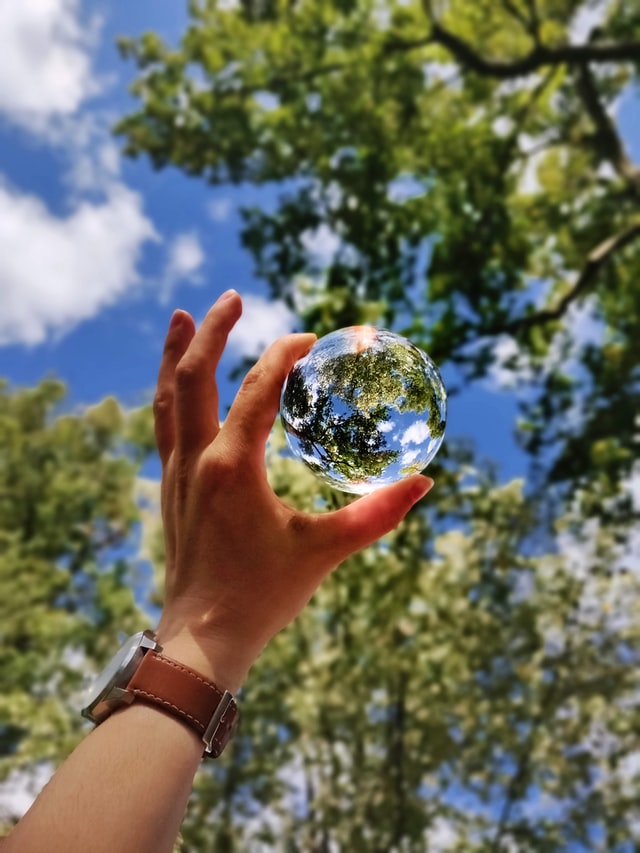All opinions are mine and mine alone.
The COVID-19 epidemic has received a great deal of attention recently, and although this is undoubtedly the most pressing issue at the time, it has resulted in other essential issues being put to the side. Climate change is an excellent illustration of this.

Since the beginning of the century, climate change has occupied much of the public’s attention, and rightfully so, as have the efforts we must all take to prevent and counteract its impacts to the greatest extent feasible. The Extinction Rebellion marches and Greta Thunberg’s activism have made significant contributions to raising awareness of the concerns.
Here are some suggestions on things you can do to assist. It is important to note that even the smallest gains are a positive start in the correct direction.
Reduce your meat consumption to a bare minimum.
Veganism and vegetarianism have lately increased in popularity, and while they offer several advantages, they are not a choice that everyone wishes or is able to pursue. However, we should all make a tiny decrease in our meat intake, even if it is only one meal per week, to help the environment. It is a lot easier than it seems, and many meat replacements are available on supermarket shelves. If you consume meat, try to get it from a local source wherever feasible. Also, bear in mind that beef has a significant carbon impact.
Talk to your children.
If you have children, talking to them in an age-appropriate way is essential if you want to bring them up to be actively helping their environment. It doesn’t have to be anything deep – talking to them about their favorite animals, such as the different kinds of otters or sharks, can lead to a conversation about what we can do to protect them and their habitats.
Get rid of single-use plastics.
To put it frankly, plastic has emerged as a major threat to the ecosystem. In order for even the tiniest piece of plastic to disintegrate, it must be buried or float in the ocean for hundreds of years, during which time it causes enormous harm to the environment, including our rivers and seas, and to the creatures who inhabit these environments. It also uses a significant quantity of natural resources throughout the manufacturing process. Some plastics are easier to eliminate from our lives than others, depending on their composition. Instead of purchasing single-use water bottles, bring a reusable water bottle with you and fill it up. If you want to avoid buying shower gel or shampoo in plastic bottles, try using organic soap and shampoo bars instead.
Reduce, reuse, and recycle are the three Rs of sustainability.
One of the first things we can do is reduce the quantity of “stuff” that we consume. Consider whatever you buy or use, and ask yourself if it is something you truly require before proceeding. If you do need to acquire anything, think about how you might be able to repurpose it in some way. Have you had takeaway for supper tonight? The plastic containers are being used to freeze meals that have been made in batches. Consider whether the side table has seen better days in its previous incarnation. Is it possible to upcycle it rather than purchase a new one? Finally, if none of the above-mentioned methods is practicable, recycle as much as possible. Every town appears to have its own set of laws and standards for what may and cannot be recycled and when, so double-check before you throw anything out.



Speak Your Mind